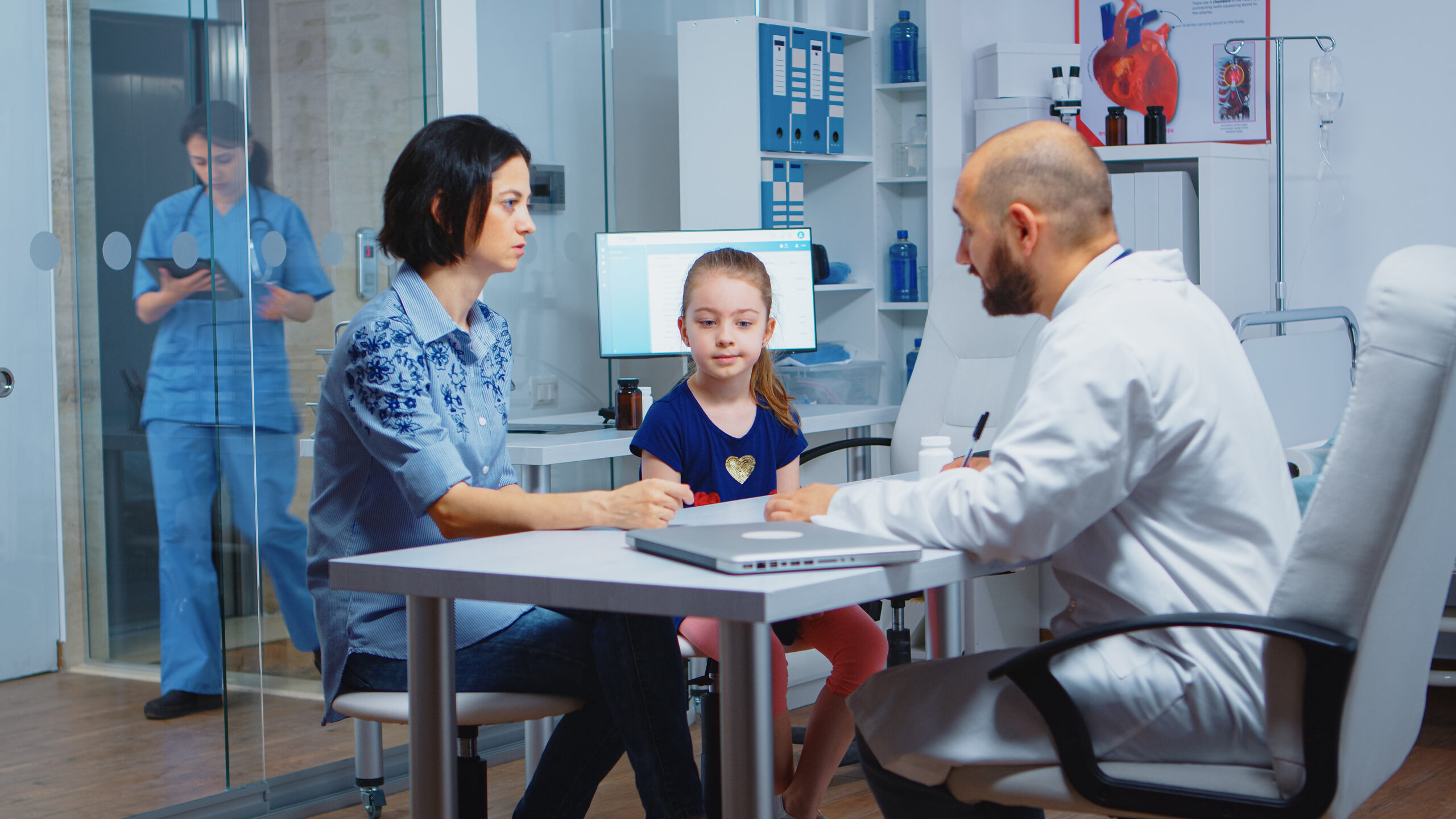Urgent care centers help with medical problems that need fast attention but are not emergencies. These clinics treat sudden illnesses or injuries. Patients visit when their regular doctor is unavailable. They also choose urgent care to avoid long emergency room waits.
These clinics do not handle life-threatening problems. If someone has chest pain or trouble breathing, they should go to the hospital. Urgent care centers focus on issues that are uncomfortable but manageable. This includes infections, sprains, cuts, and minor burns.
Common Conditions Treated at Urgent Care Clinics
Patients visit urgent care for many common reasons. These include cold symptoms, sore throats, and sinus infections. Clinics also treat minor injuries like sprains or small fractures. They can care for cuts that need stitches or burns that do not cover large areas.
People often go in for flu shots or required physicals. Many clinics offer care for urinary infections, pink eye, and earaches. These issues often come on suddenly and need quick attention.
Services You Can Expect During a Visit
Urgent care centers offer more than basic first aid. Most have labs for rapid testing. They can test for strep throat, the flu, or COVID-19. Many locations also provide X-rays for possible fractures or joint problems.
Clinics can prescribe medications right away. If needed, they write prescriptions for antibiotics or pain relief. They also offer wound care, such as stitches or dressing changes. Some even offer IV fluids for dehydration. Many have telehealth options for follow-up questions.
What Your Visit Will Look Like
Many patients visit the clinic without a prior appointment, making walk-ins a common occurrence during operating hours. Upon arrival, staff members ask detailed questions about your symptoms and gather relevant medical history. A healthcare provider then examines you and may request diagnostic tests to better understand your condition. Once the provider reaches a diagnosis, you will receive a personalized treatment plan tailored to your needs.
Most clinic visits are efficient and typically last under an hour from start to finish. Before you leave, the staff will explain how to care for yourself at home and outline follow-up steps. If medication is required, prescriptions are usually sent electronically to your preferred pharmacy. Many clinics will also schedule a follow-up or call later to check on your progress and recovery.
Get the Care You Need Fast
When selecting a clinic, begin by choosing one that’s close to your home, work, or school for easier access. Conveniently located clinics make a significant difference when unexpected health issues arise and time is critical. Look for facilities that offer extended evening or weekend hours to accommodate busy or unpredictable schedules. Many urgent care centers now stay open later, making healthcare more accessible during non-traditional times.
Before your visit, review the clinic’s available services to ensure they can properly address your specific medical concern. Some locations may lack diagnostic tools like X-rays or lab testing, which could delay treatment. You should also confirm that your insurance is accepted to avoid surprise expenses or billing issues. Clinics offering telemedicine or online check-ins can save time and make the entire process more convenient for patients.
- When to See a Foot and Ankle Surgeon
- Top Benefits of Visiting a Vein Clinic for Early Treatment of Vein Issues
- The Intersection of Gynecology and Endometriosis Treatment
- Regenerative Orthopedics for Post-Surgery Healing
- The Role of Pain Management in Living with Chronic Pain
